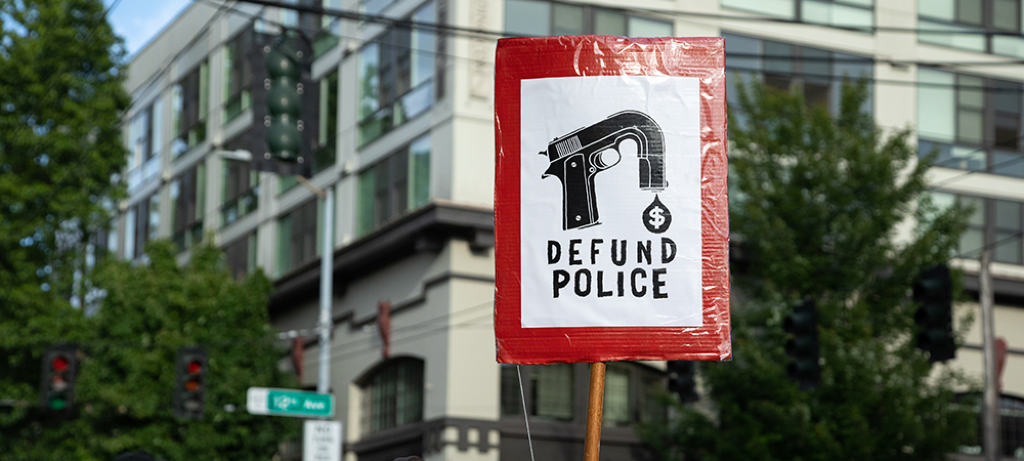What ‘Defund the Police’ Means and the Reallocation of the Funds

- There is a difference in ‘defund the police’ and ‘abolish the police.’
- Police departments typically take up 10 to 50 percent of their respective city budget.
Conversations about defunding the police have grown into a nationwide outcry after the tragic deaths of George Floyd and Breonna Taylor. As the demand for defunding the police continues to grow, the understanding of exactly what that means is sometimes misunderstood.
Defunding the police department doesn't mean abolishing the police force. Instead, it means taking away funds that have been allocated to or invested into the police department and instead using those funds to invest in other areas that can best serve the communities.

According to the US Census Bureau, a total of $115 billion was dispersed to police departments nationwide in 2017. Although the total police budget for every city is different from one fiscal year to the next, research shows that police departments typically take up 10 to 50 percent of their respective city budget. Those funds can range from $194 million (New Orleans's total police budget for 2020) to $6 billion (New York's total police budget for 2020).
Some city officials have started pushing to defund the police, such as Mayor Bill De Blasio, who committed to "shifting resources" to aid in funding "youth initiatives and social services." Los Angeles Mayor Eric Garcetti seeks to cut their police department's budget up to $150 million. Additionally, Mayor Garcetti is looking to create more jobs for youth, implement health initiatives, and provide "peace centers" to help people heal from trauma. He will also allow those who have suffered from discrimination to receive compensation.
Millions and sometimes billions of dollars are routed to police departments, yet significantly less money is allocated for community-led initiatives, education, etc.
Main Image / Editorial credit: VDB Photos / Shutterstock.com